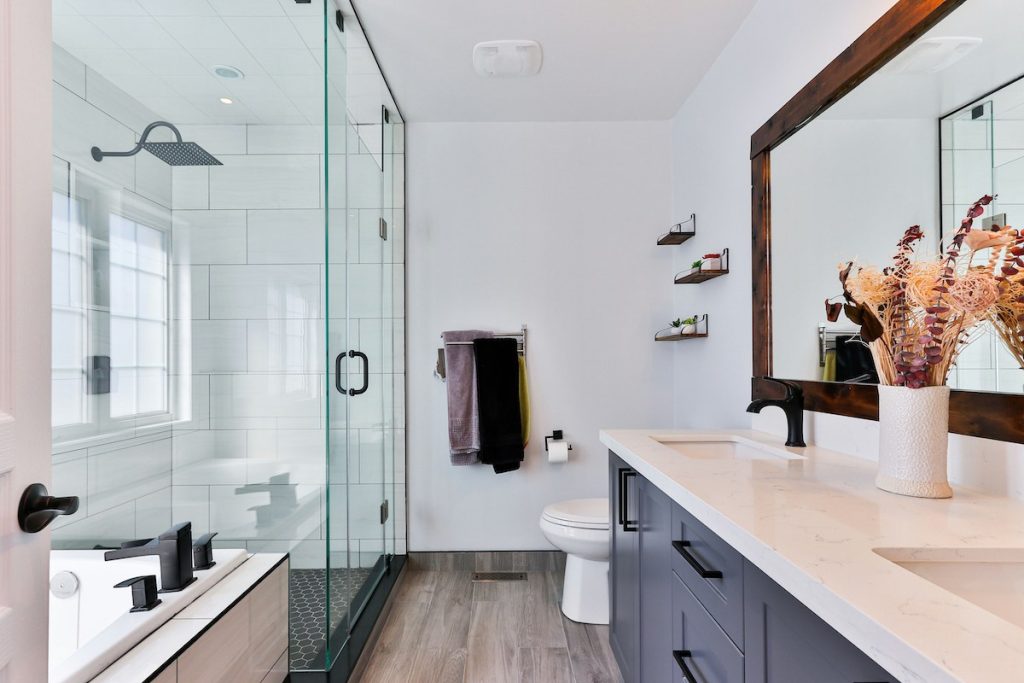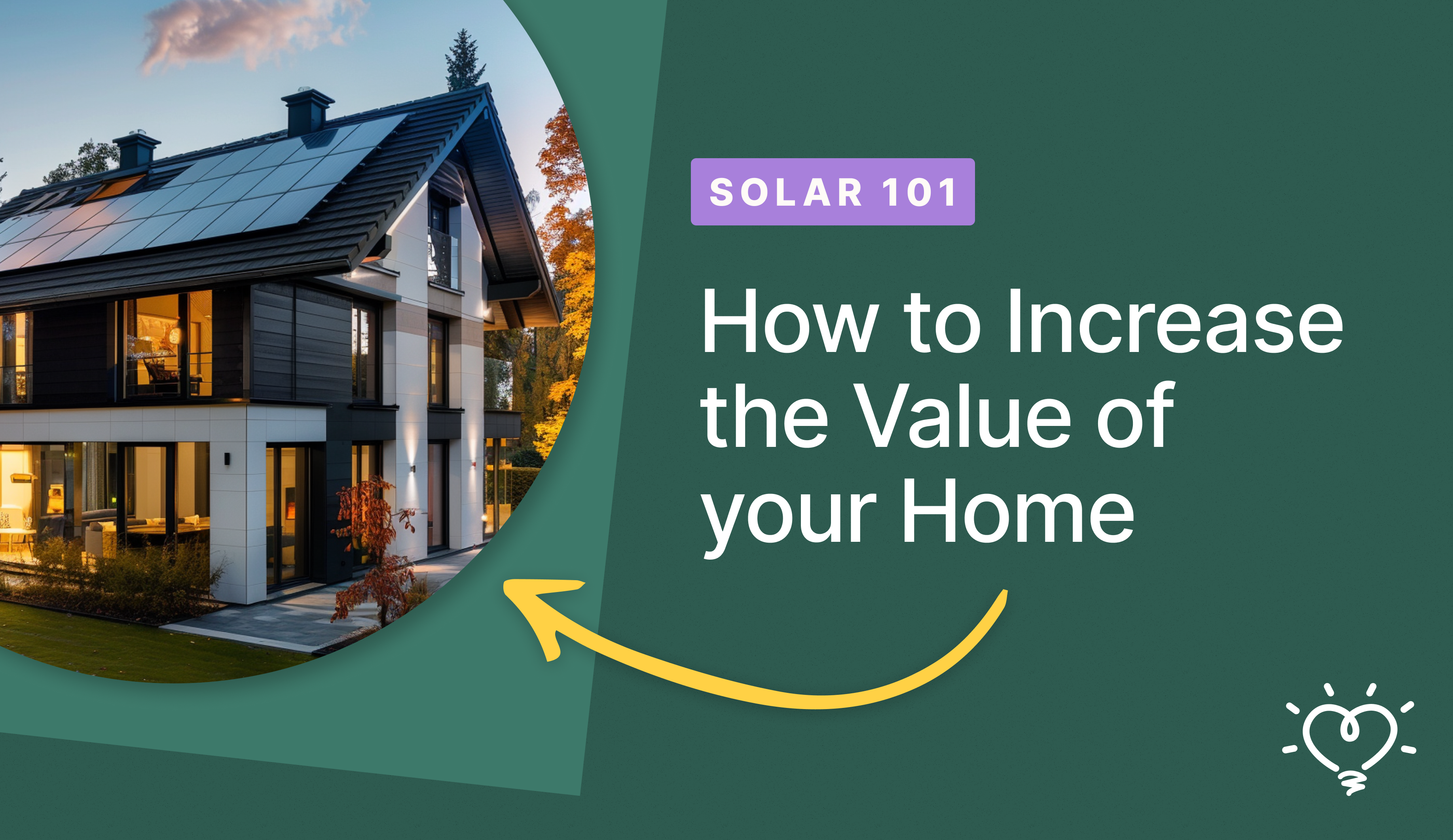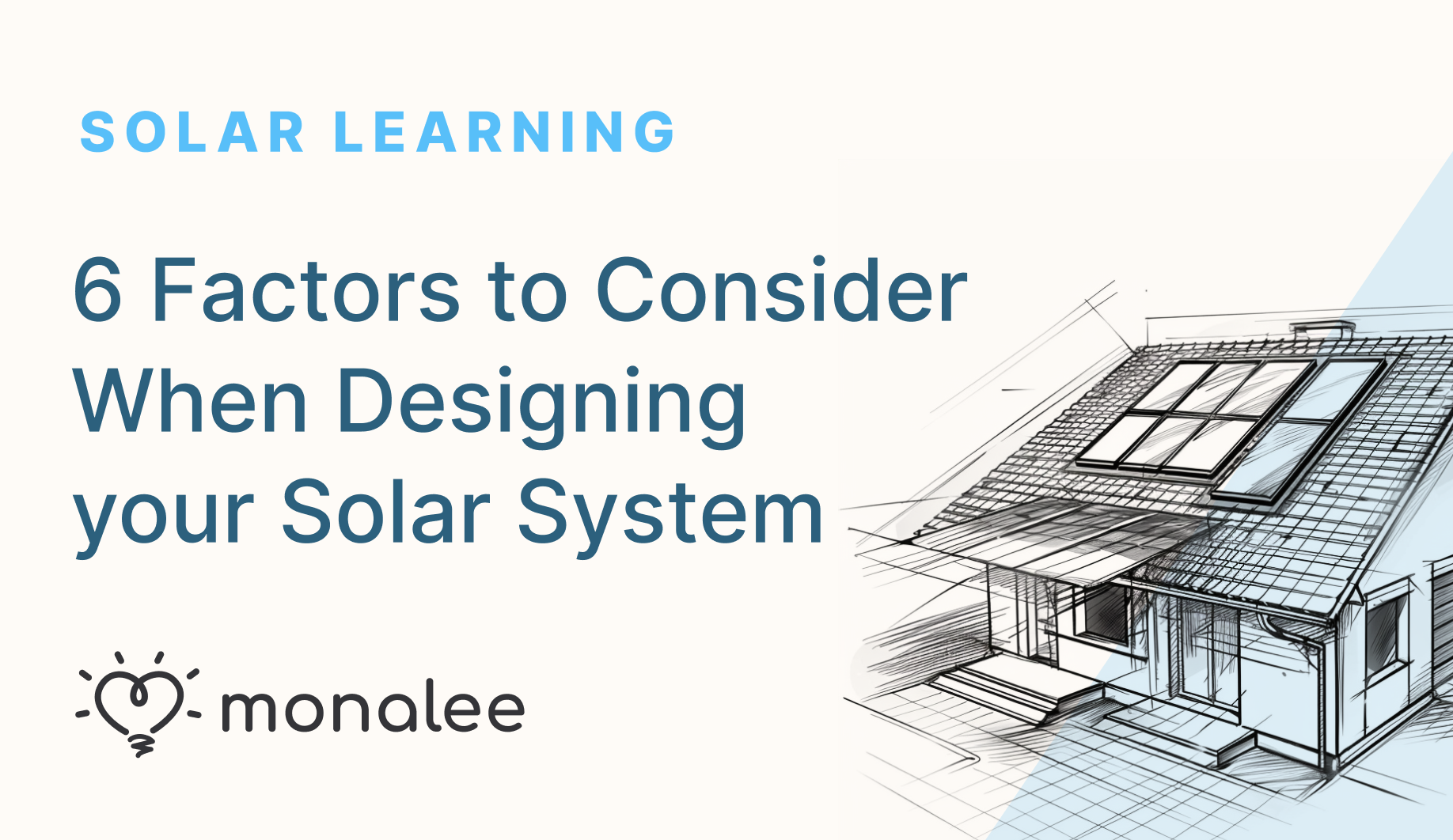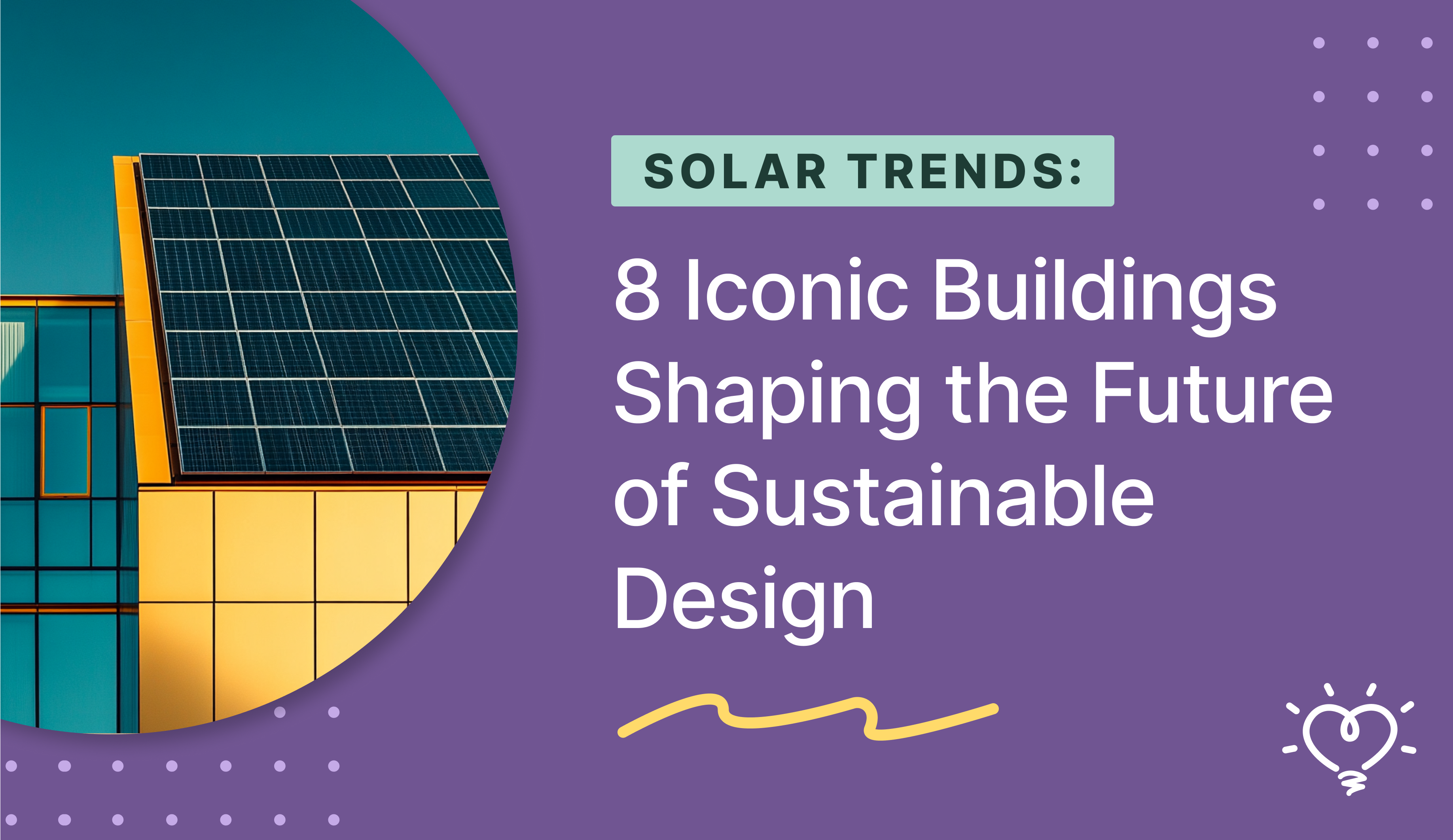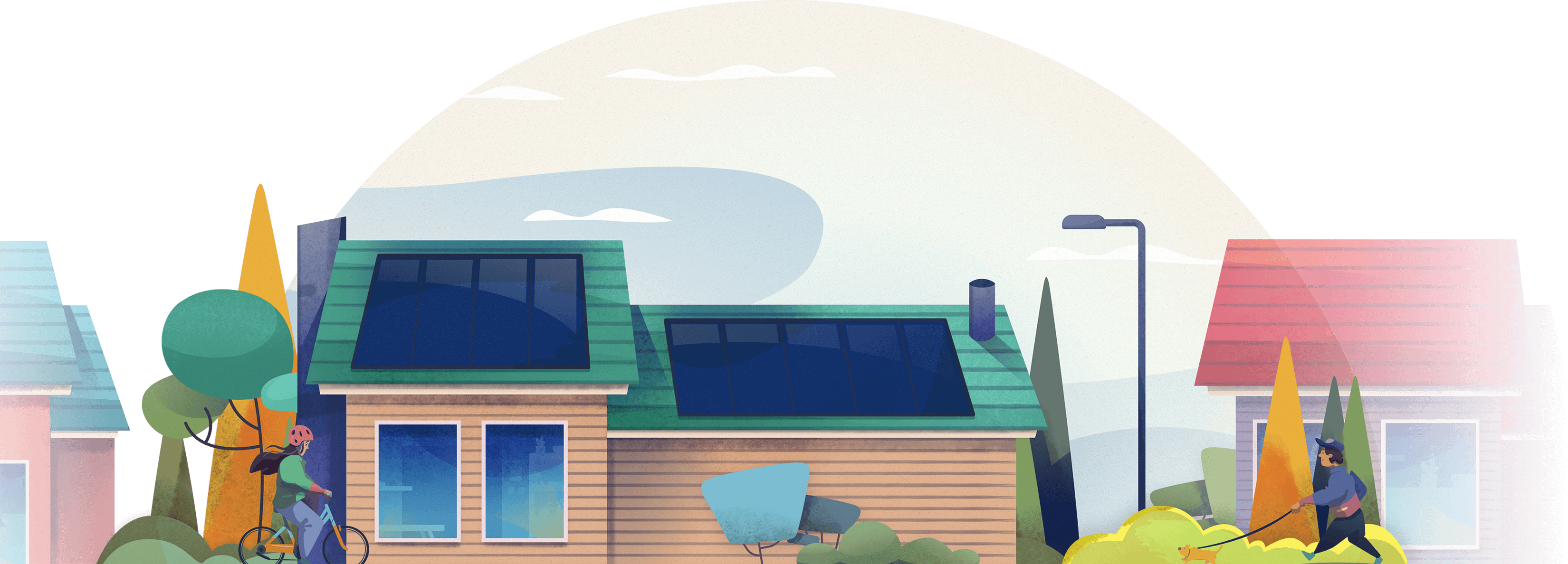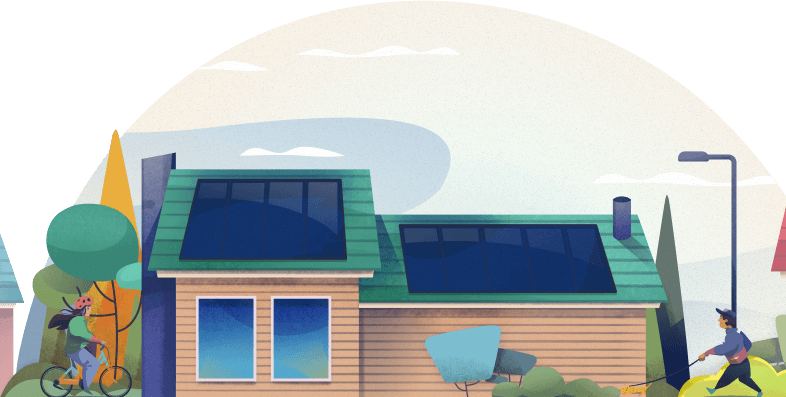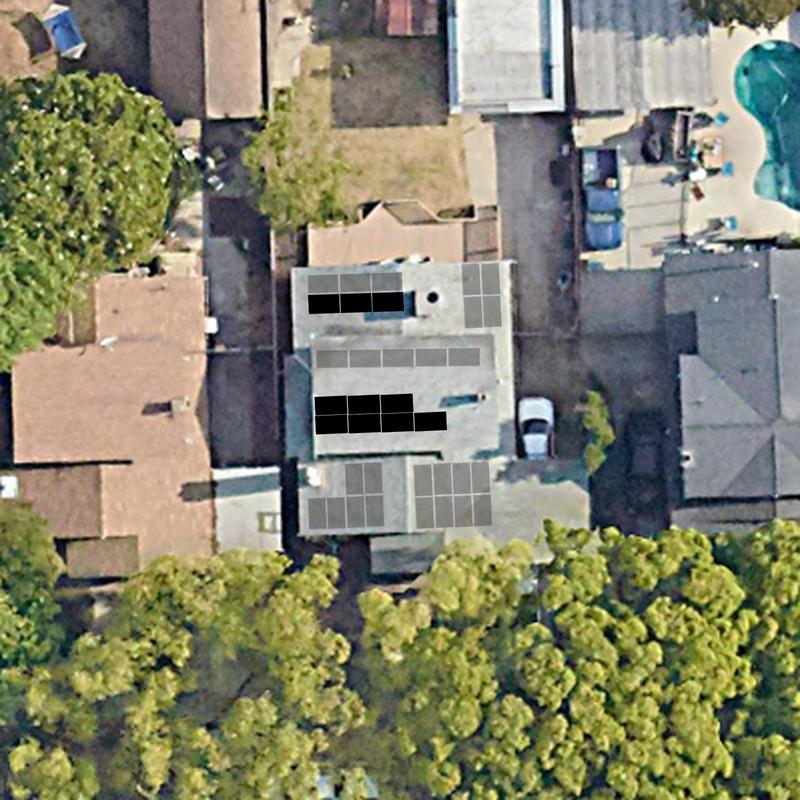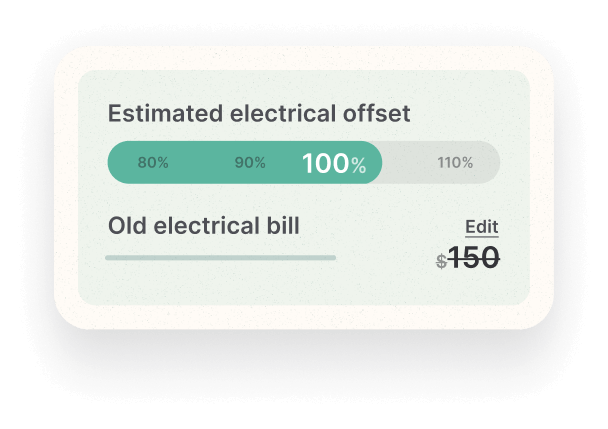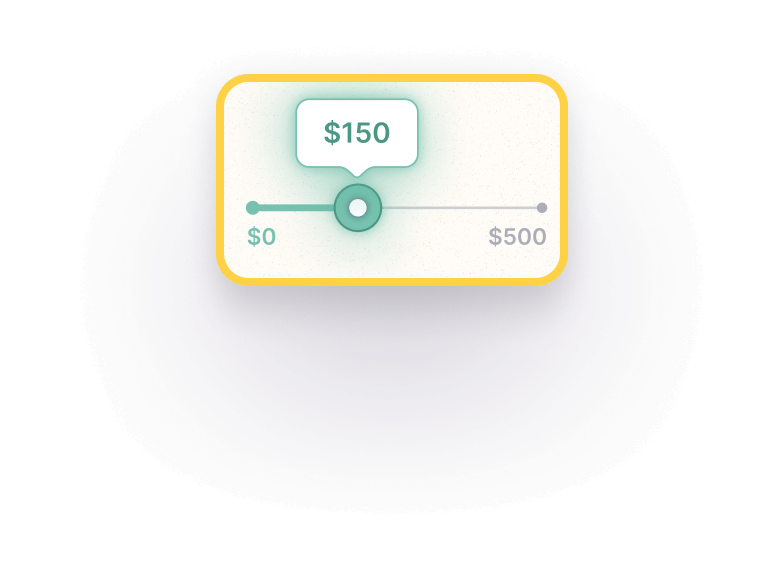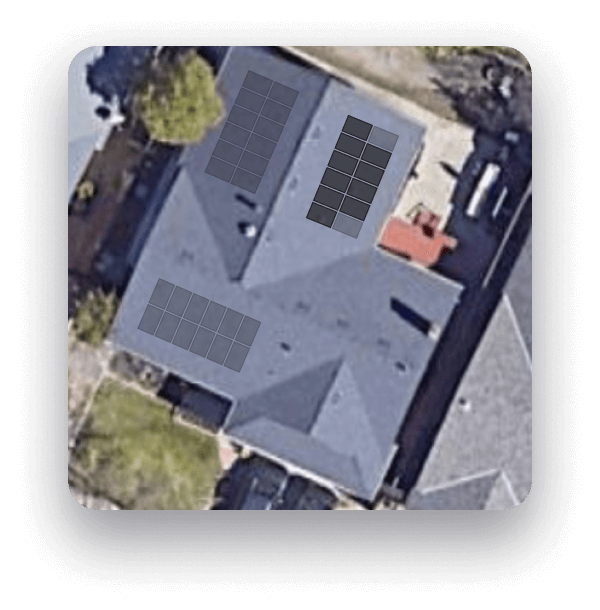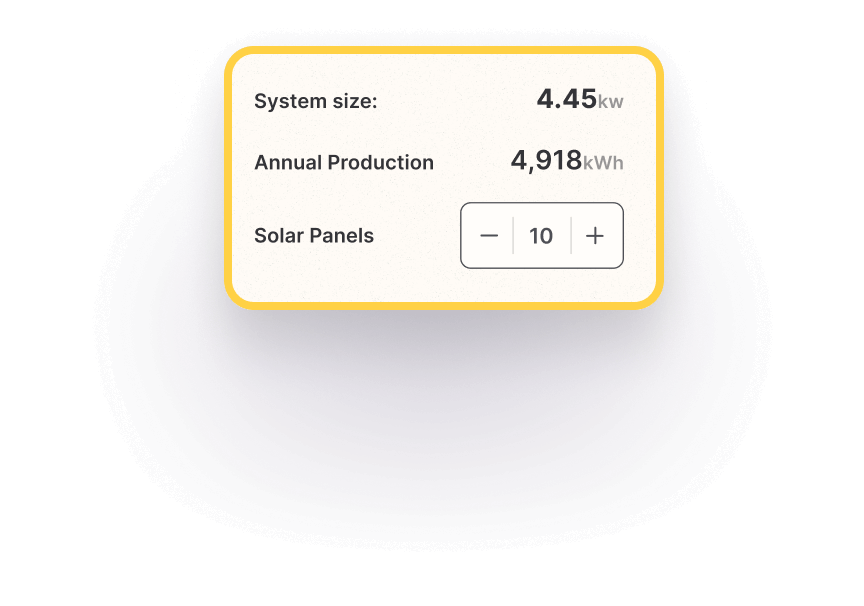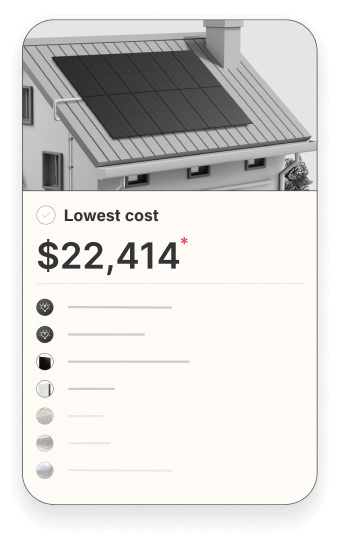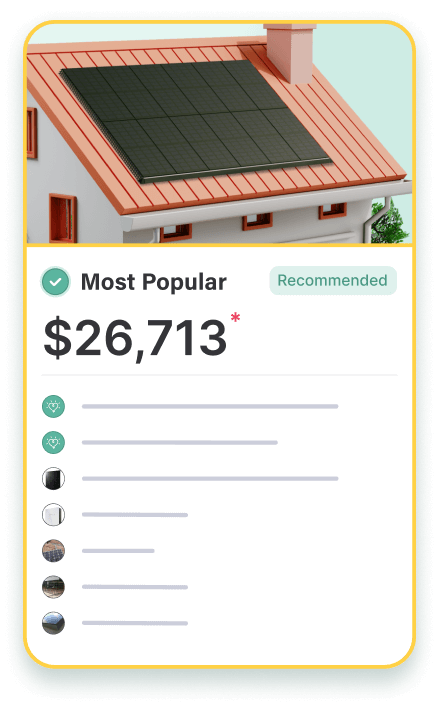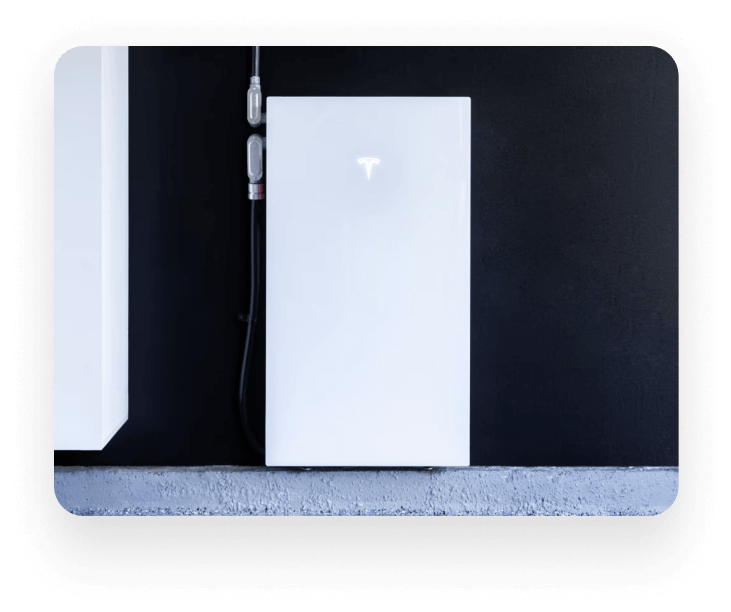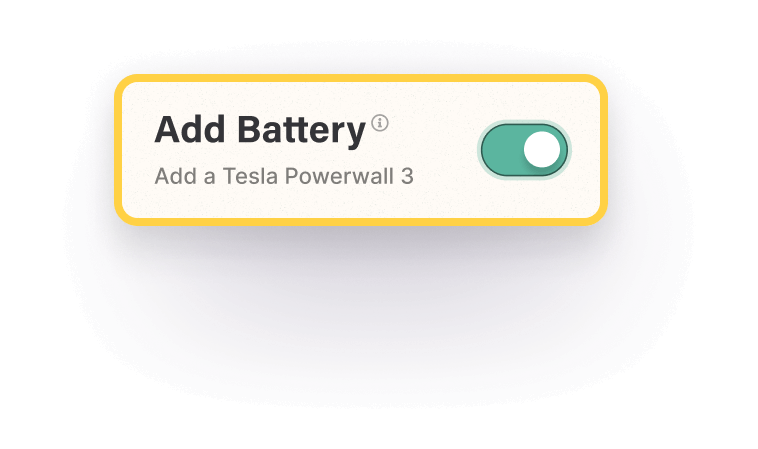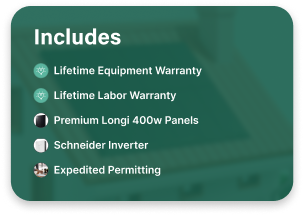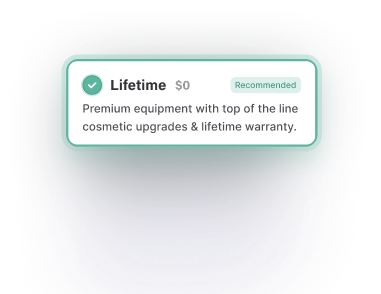Even if you’re not quite ready to put your home on the market, a little makeover might be in order. Because there’s no hurt in getting a head start, here are seven ways to increase the value of your home.
Invest in energy efficiency
One of the easiest ways to increase the value of your home is to invest in energy-efficient appliances. The more energy-efficient a home is, the more money the homeowner will save in monthly utility costs. Considering utility rates continue to rise year after year—sometimes a couple times per year—it’s something that buyers are thinking about when viewing potential homes.
While it does require an initial investment, you might qualify for what’s called the Energy Efficient Home Improvement Credit of up to $3,200. More specifically, $1,200 is allocated for home improvements, and the remaining $2,000 is for heat pumps and biomass stoves or boilers. A few examples of appliances you might want to upgrade include a refrigerator, washing machines and dryers, and dishwashers.
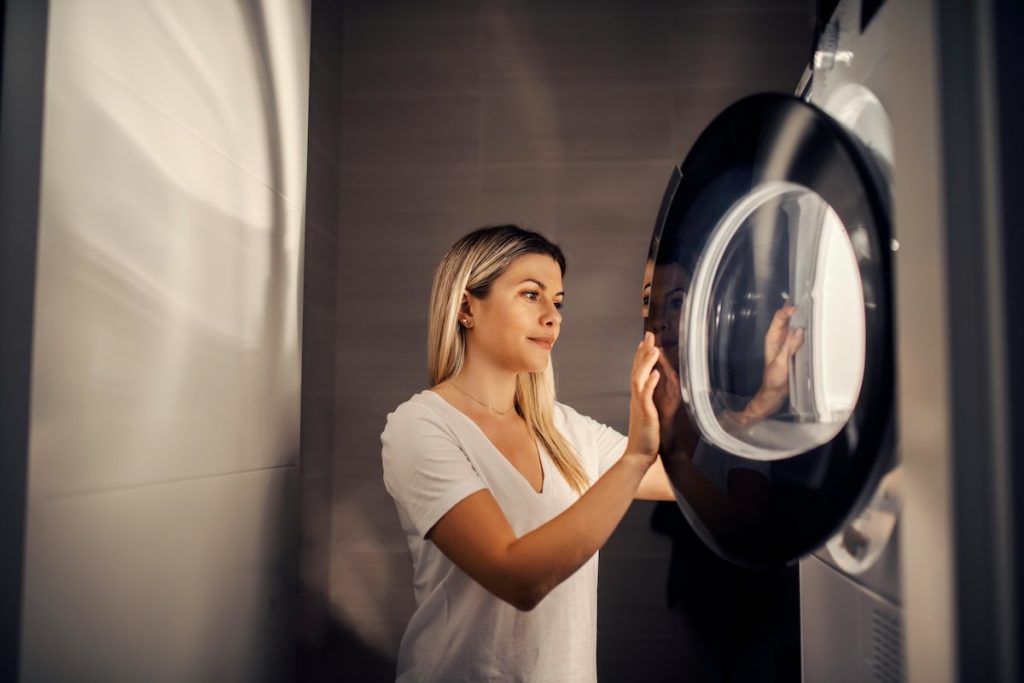
Switch to solar energy
There are so many benefits of going solar beyond the most important one, which is helping the planet. On average, running your home on solar energy increases its value by 4.1-percent. Several factors come into play here, including the city/state of the house, electricity rates, and the efficiency of the solar system.
Aside from offsetting your electricity bill and gaining energy independence, solar panels give a home a sleek and modern appearance, which is important for many buyers in today’s market.
Choosing to go solar is a financial investment, but there are many ways to finance it. At Monalee, we’re able to slash up to 50-percent off the total price by removing salespeople and system designers from the process. We eliminate many soft costs and pass the savings directly to the homeowner.
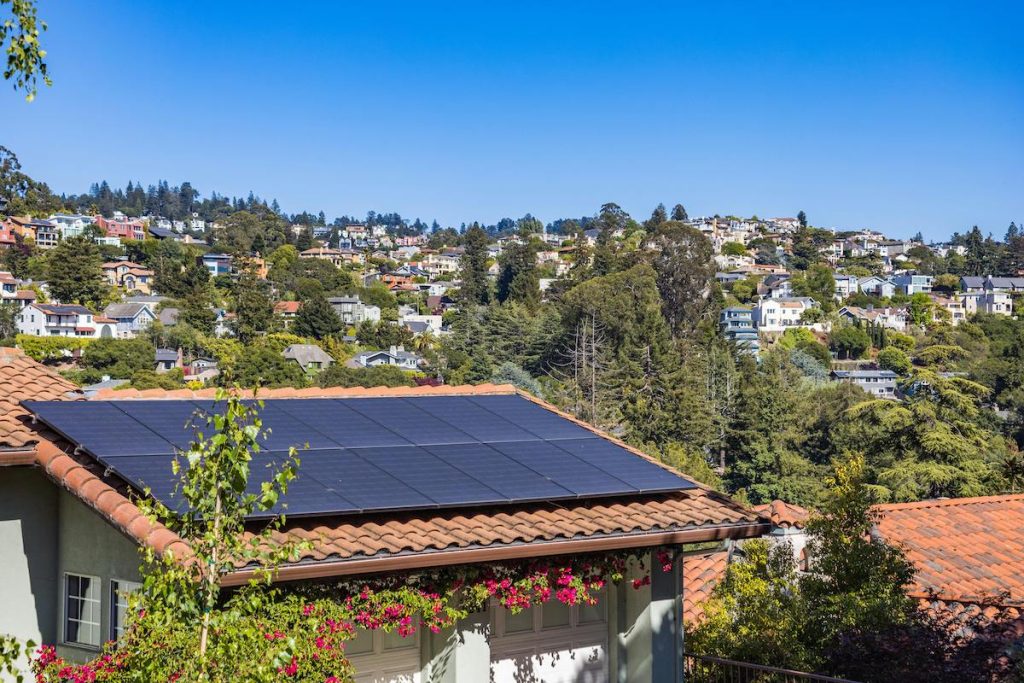
Clear, clean, and declutter
If you’re a fan of Marie Kondo, you’re probably already a pro at getting rid of what doesn’t really matter in your world. In fact, the process can feel pretty therapeutic. Studies show that decluttering your home has all sorts of mental and physical health benefits, from increased focus and higher self-esteem to a lower risk of allergies and asthma.
Our best advice is to start small and think of each part of your home, whether a cluttered drawer or a pile of papers on your work desk, as its own mini project. Bit by bit, you’ll begin seeing visible changes in how open and inviting your home feels.
When it comes to decluttering rooms in your home as a whole, embrace a ‘less is more’ approach. Don’t overdo it on furniture. Buy the basics—for example, a bed and mattress, headboard, and two side tables— and use decor like lamps, throw blankets, and candles to add warmth and texture.
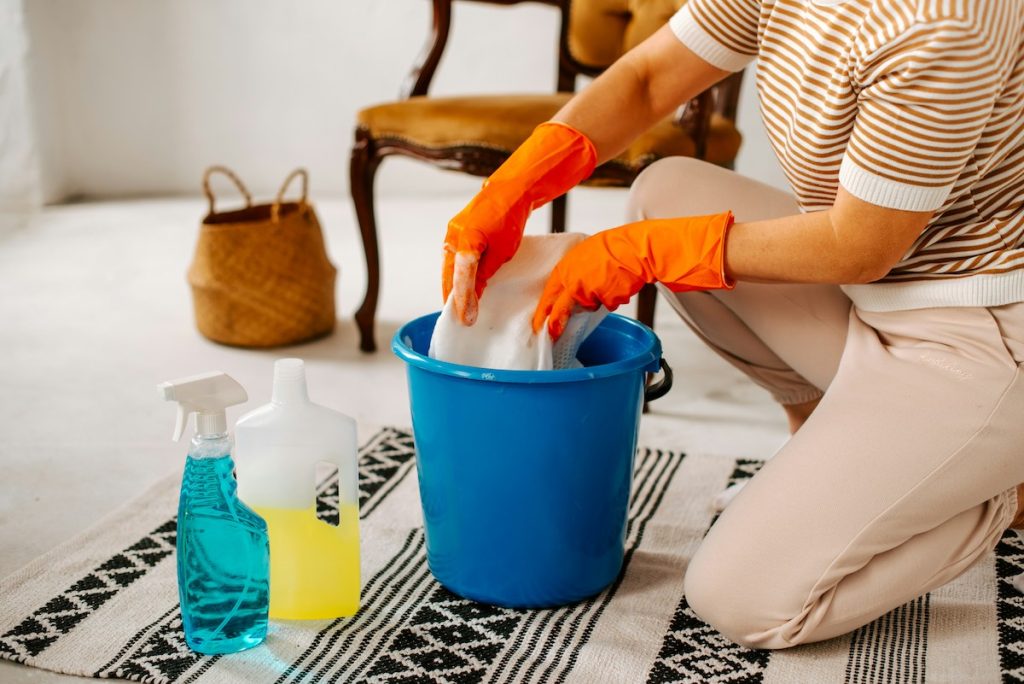
Be smart about square footage
In the world of real estate, square footage is arguably the most important metric to look at ahead of pricing a property. So, adding square footage to your home will increase the monetary value. There are lots of ways to add square footage to your home, from adding another bathroom or creating a new living space from scratch. You could also add a garage to your home or build an outdoor patio.
If big renovations aren’t in the cards, that’s okay; small upgrades can still have a big impact. This might look like putting up drywall to an unfinished basement or incorporating carpets into certain rooms of the house. If you already have an outdoor patio but it’s a bit rundown, replace some of the wood paneling or give it a new coat of paint.
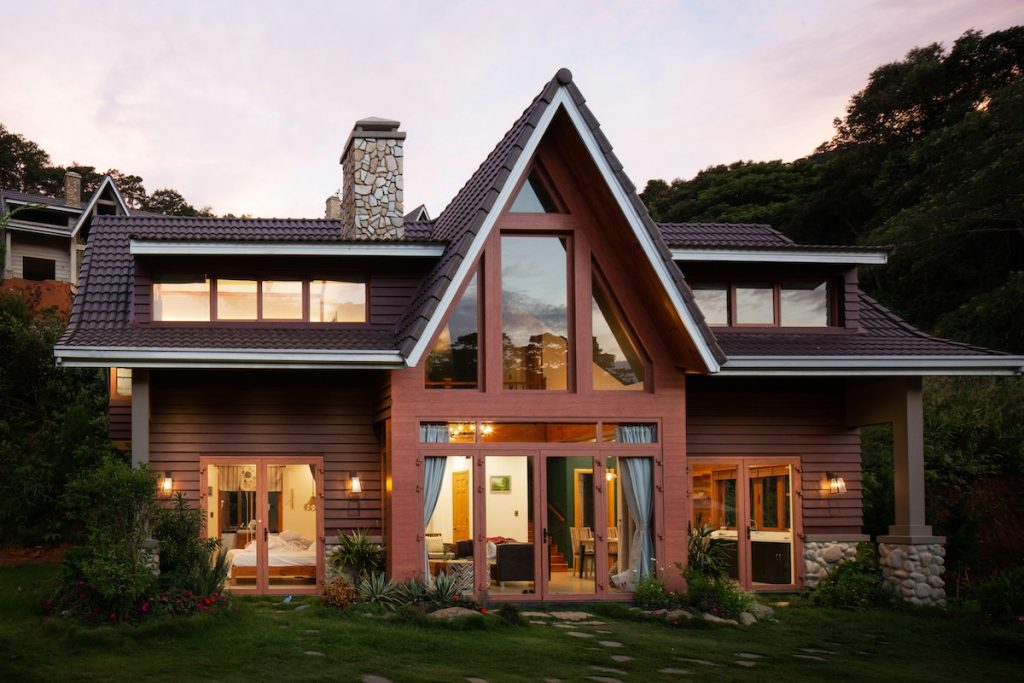
Play around with paint color
You’ll be surprised how a fresh coat of paint can really spruce up your home. If you’re planning on selling your home in the near future, an all around exterior paint job is probably in order. For interior rooms, such as your kitchen or master bedroom, stick to neutral tones. Shades of gray, beige, white, and earth tones are popular interior paint colors and they act as a blank canvas for the overall decor.
If you want to get playful with paint colors, consider rich reds, warm browns, or cool blue and gray shades. They tend to be calming colors—as opposed to bright reds or cheerful yellows—and work well in rooms where there will be a chill or mellow vibe. Of course, it’s your home and you shouldn’t feel restricted by the colors of your walls. Feel free to go all out with a zingy orange or warm pink paint color.
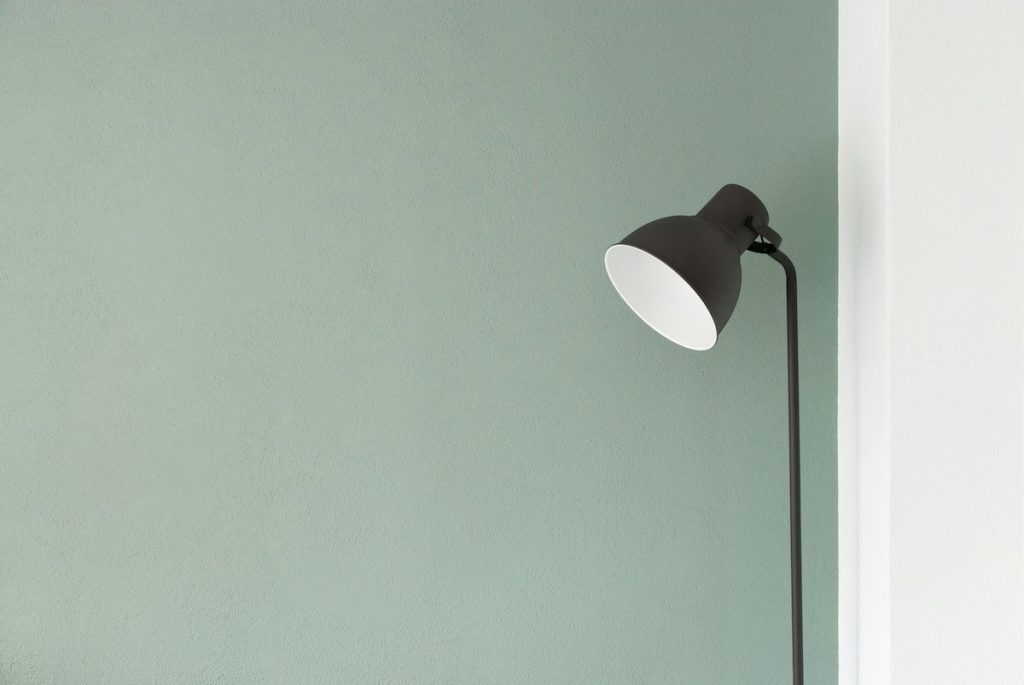
Install smart technology
Smart technology might be small additions to your home, but they rarely go unnoticed. Start by installing a smart thermostat. These devices adjust the temperature of your home automatically depending on the time of day or night and your personal preferences. In the summer season, they can really help keep your electricity bill down by maintaining a slightly warmer temperature when you’re out of the house and then cooling it down once you’re back.
You might also want to set up a security system for your home, particularly one that includes cameras or mater sensors that help you better manage your water use. Alternatively, a WaterSense labeled shower head can save more than 330 kilowatt-hours (kWh) of electricity per year.
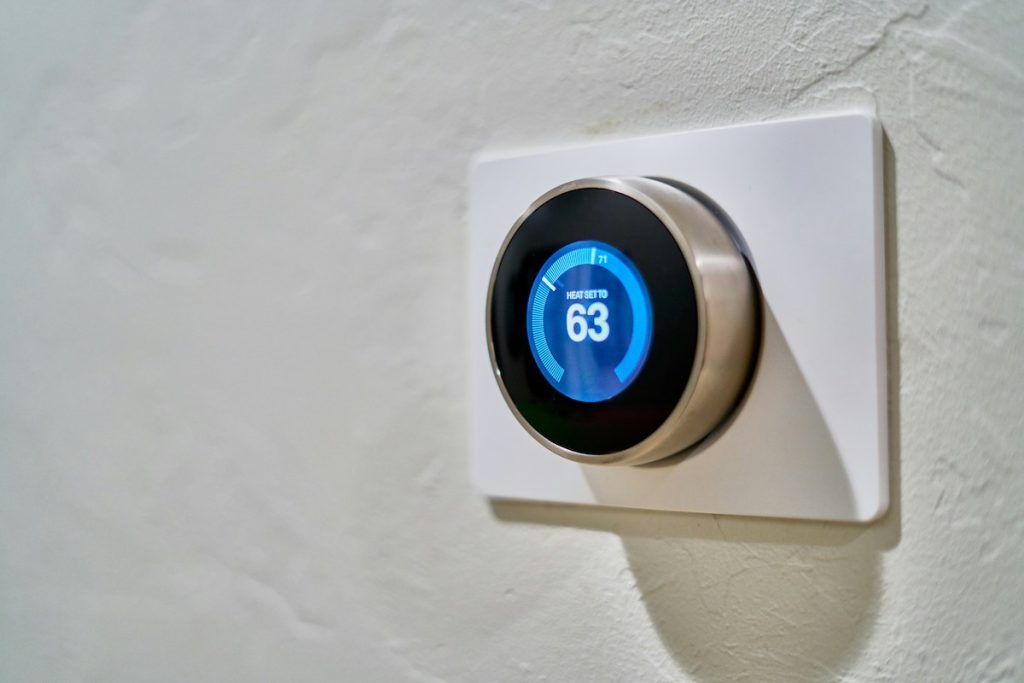
Prioritize kitchen and bathroom upgrades
You can’t go wrong with renovating your kitchen, as it’s one of the most ‘lived in’ rooms in a house. It’s where families spend the most time, whether it’s brewing coffee in the morning or helping the kids finish their homework before bed. If a kitchen has out of date appliances or is cramped, a potential buyer is already calculating in their head how much it will cost to re-do it in the way they want.
Bathrooms, just like kitchens, can literally sell a home. These rooms are associated with feelings of happiness and relaxation and when renovated and styled well, it’s easy for a buyer to imagine themselves living there. A few statement styles include long sinks, boldly-colored wall-to-wall tile, or an asymmetrical bathtub.
